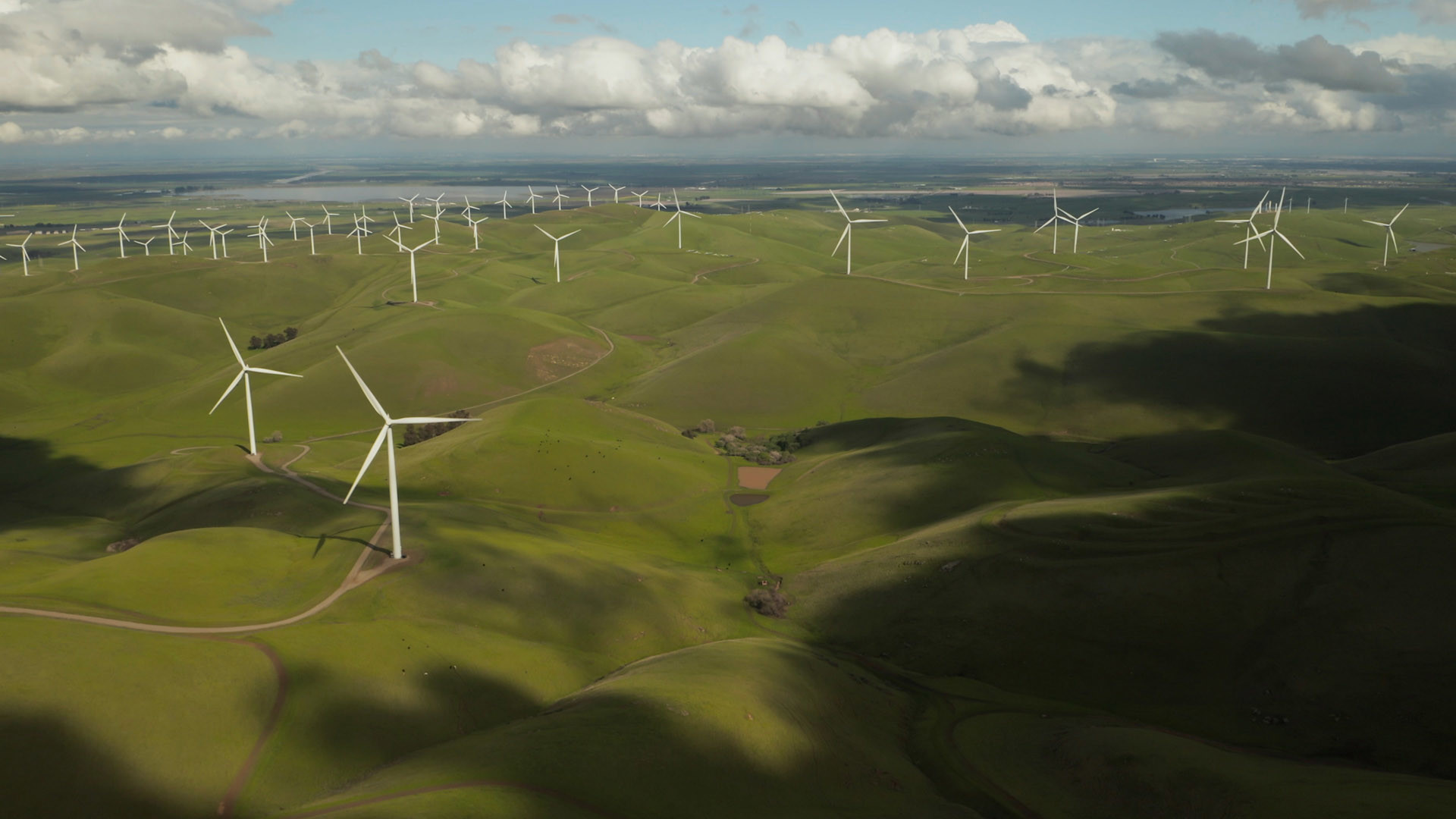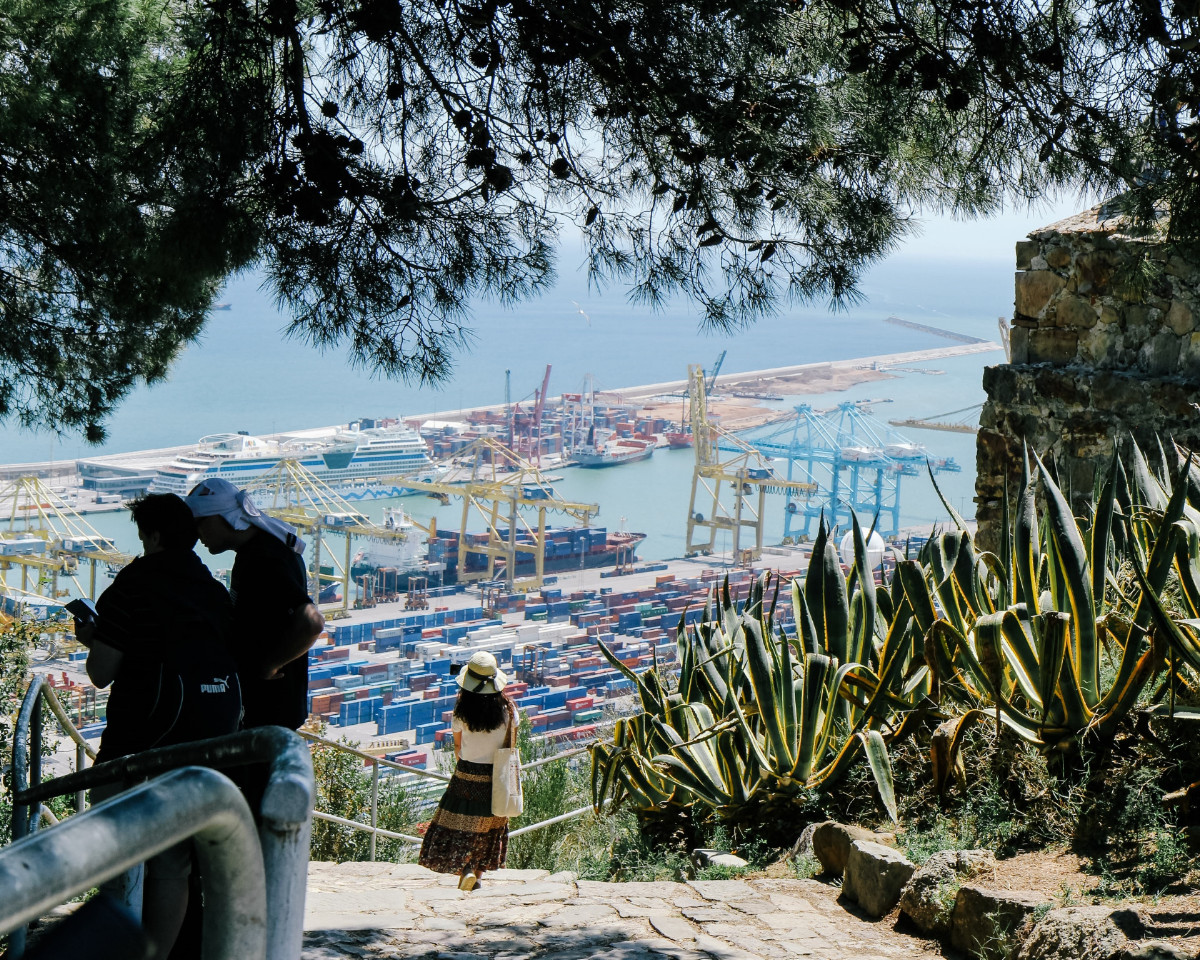Author | Patricia M. LicerasThe European Union has created the first green financing rule book. The European Parliament and EU governments have reached an agreement on the first European criteria to identify investments that may be classed as green and therefore combat what is known as greenwashing, that is, financial products are advertised as sustainable when really they are not.The aim of this taxonomy or green labelling system is to urge banks, financial managers and insurance companies to ensure that the financial products they manage comply with environmental and ecological transition requirements in order to be eligible for the Green Deal subsidies and investments.This Green Deal is the star initiative of the new president of the European Commission, Ursula von der Leyen, who, apart from seeking to make Europe the first “climate neutral” continent by the middle of this century, wants to strengthen the carbon emission targets for 2030.“Europe now has a unique language to make financial markets environmentally aware. It is a very important step forward towards the Green Deal”, said Pascal Canfin, Chair of the European Parliament’s Environment Committee.Specifically, green taxonomy establishes six environmental objectives that need to be considered in order to determine whether a business activity is sustainable and can receive EU funding. These are climate change mitigation and adaptation; the sustainable use and protection of water and marine resources; the transition towards a circular economy; pollution prevention and control; and the protection and restoration of biodiversity. Therefore, in order for an activity to be labelled as sustainable, it must “substantially” contribute, at least, to one of the preceding objectives and not cause harm to any of them.
Nuclear power production, a “transition” activity
 The agreement does not include a ‘black’ list of technologies or sectors that are harmful to the environment, apart from fossil fuels such as coal. The production of gas and nuclear energy is not specifically excluded from the regulation and both could be labelled as “transition” activities or “facilitators” that “fully” comply with the aim of not “significantly” harming the environment. However, the established text indicates that these activities or investments classified as “transition” activities cannot harm the development of other low-carbon activities or contribute to the perpetuation of intensive carbon-based technologies.The negotiators of the European Parliament and the EU Council (the countries) were responsible for establishing the regulation governing these requirements and which must now be approved by both institutions before entering into force. This labelling system is one of the essential parts with which the EU seeks to direct the European market towards the ecological transition. Its purpose is to define a filter with which it hopes to prevent greenwashing, and therefore award funding to economies that are truly in line with the Paris Agreement to combat climate change, adopted in 2015.“This is an essential instrument for ecological investments to flow and to help Europe achieve climate neutrality by 2050”, said Valdis Dombrovskis, European Commission Vice-President for Economic and Financial Affairs. “The financial sector must carry out its role in the green transition and the taxonomy will help to push it towards sustainable investments”, indicated Bas Eickhout, member of the GreenLeft, part of the European Green Party.The Commission shall be responsible for regularly updating the technical criteria that define “transition” activities or “facilitators”. Brussel must also review the general criteria by 31 December 2021, and define others to identify activities that have a significant negative impact on the environment.Images | Tyler Casey | Unión Europea (Didier BAUWERAERTS)
The agreement does not include a ‘black’ list of technologies or sectors that are harmful to the environment, apart from fossil fuels such as coal. The production of gas and nuclear energy is not specifically excluded from the regulation and both could be labelled as “transition” activities or “facilitators” that “fully” comply with the aim of not “significantly” harming the environment. However, the established text indicates that these activities or investments classified as “transition” activities cannot harm the development of other low-carbon activities or contribute to the perpetuation of intensive carbon-based technologies.The negotiators of the European Parliament and the EU Council (the countries) were responsible for establishing the regulation governing these requirements and which must now be approved by both institutions before entering into force. This labelling system is one of the essential parts with which the EU seeks to direct the European market towards the ecological transition. Its purpose is to define a filter with which it hopes to prevent greenwashing, and therefore award funding to economies that are truly in line with the Paris Agreement to combat climate change, adopted in 2015.“This is an essential instrument for ecological investments to flow and to help Europe achieve climate neutrality by 2050”, said Valdis Dombrovskis, European Commission Vice-President for Economic and Financial Affairs. “The financial sector must carry out its role in the green transition and the taxonomy will help to push it towards sustainable investments”, indicated Bas Eickhout, member of the GreenLeft, part of the European Green Party.The Commission shall be responsible for regularly updating the technical criteria that define “transition” activities or “facilitators”. Brussel must also review the general criteria by 31 December 2021, and define others to identify activities that have a significant negative impact on the environment.Images | Tyler Casey | Unión Europea (Didier BAUWERAERTS)






















































